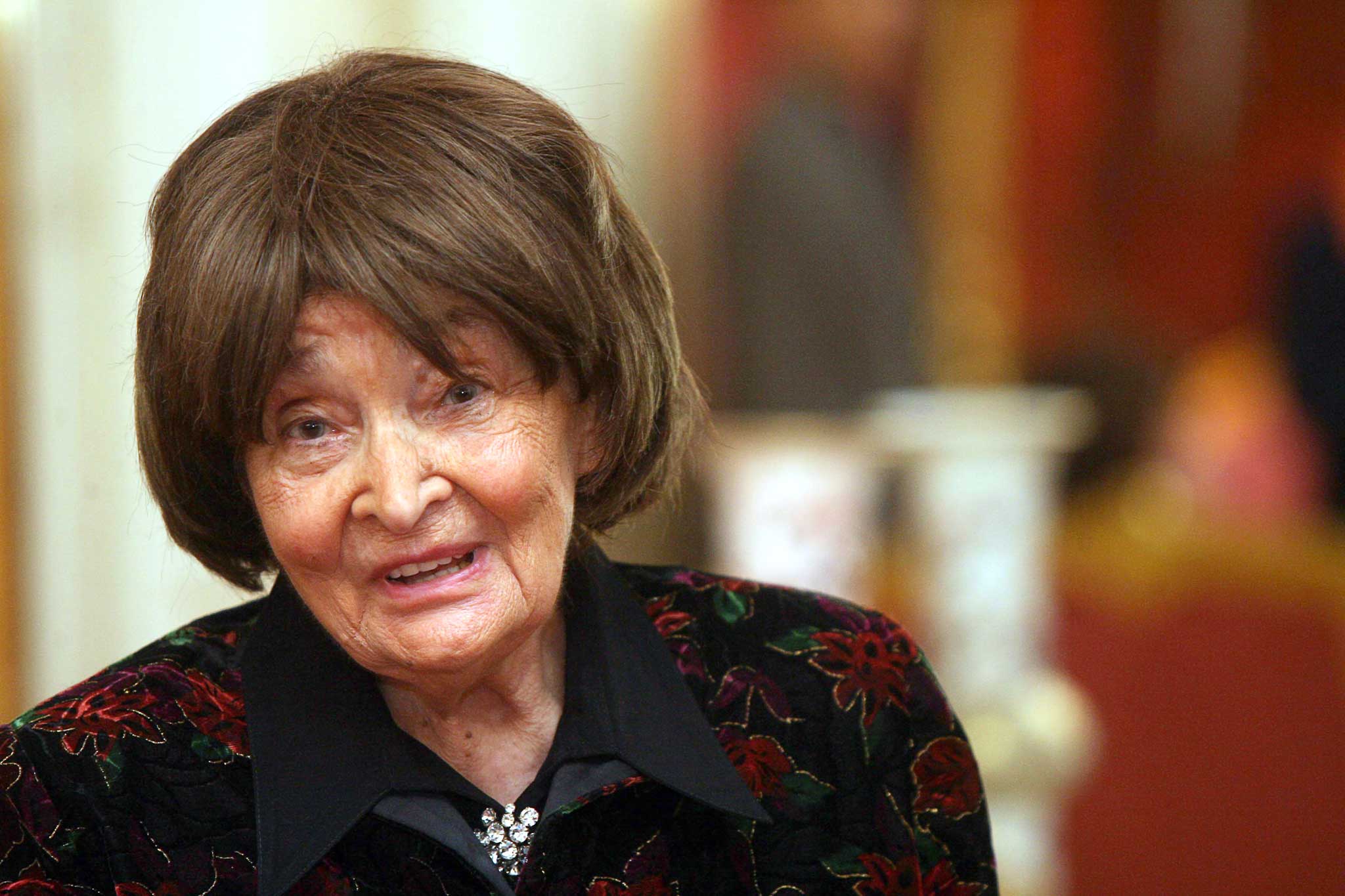Iza's Ballad by Magda Szabo, trans. George Szirtes, book review: A Hungarian history of silence

Your support helps us to tell the story
From reproductive rights to climate change to Big Tech, The Independent is on the ground when the story is developing. Whether it's investigating the financials of Elon Musk's pro-Trump PAC or producing our latest documentary, 'The A Word', which shines a light on the American women fighting for reproductive rights, we know how important it is to parse out the facts from the messaging.
At such a critical moment in US history, we need reporters on the ground. Your donation allows us to keep sending journalists to speak to both sides of the story.
The Independent is trusted by Americans across the entire political spectrum. And unlike many other quality news outlets, we choose not to lock Americans out of our reporting and analysis with paywalls. We believe quality journalism should be available to everyone, paid for by those who can afford it.
Your support makes all the difference.Madga Szabó was one of Hungary's pre-eminent novelists, suppressed during the Stalinist years, but hugely popular once the stranglehold of Socialist Realism had been relaxed in the late 1950s. Szabó is best known in translation for her 1987 novel The Door, which has now been followed with this, originally published in 1963 under the title Pilátus, which for the life of me I can't parse. Is it something to do with Pontius Pilate: washing your hands of guilt? Corrupt authority?
It is a slow, circling, rather opaque book that starts with one death, and ends with another. It treats four main characters: elderly husband and wife Vince and Ettie, their grown-up daughter Iza, and Iza's ex-husband Artal. Though its narrative covers just a few months in their lives, it manages, in its slow revolutions about their four poles, to reveal secrets about who each of them is, secrets that for the most part remain unknown to the others.
It is a book of gaps and silences, but the strangest silence of all is in what can be said about the realities of life under the threat of censorship – even when the reality being spoken of is not a Communist one. So we have Vince's hiding of a local Jew in his cellar during the German occupation; his earlier loss of his job as a judge for refusing to convict a quartet of peasants; and Iza, as a student during the Second World War, smuggling grenades in her briefcase: all these events are passed quickly over, without explanation.
The history of Hungary in the 20th century looms large, but you feel that Szabó's native readers would have gleaned volumes from her silences and movings-on. What we get today is still something rather impressive: a meditation not on grief as such, but on carrying on, a teasing out of the adage about teaching old dogs new tricks.
When Vince dies from cancer, Ettie expects nothing more from life than a solitary decline of her own, so she is delighted when Iza insists on uprooting her from the rural family home and installing her in her own apartment in Budapest. But soon Ettie is reduced to spending her days travelling the city's trams, happy when she is able to return home.
The tightness with which the characters observe each other make this a slightly claustrophobic read, but it certainly holds you once it has its claws in you, and, in George Szirtes' elegant translation, feels absolutely as if it could have been written yesterday.
Join our commenting forum
Join thought-provoking conversations, follow other Independent readers and see their replies
Comments